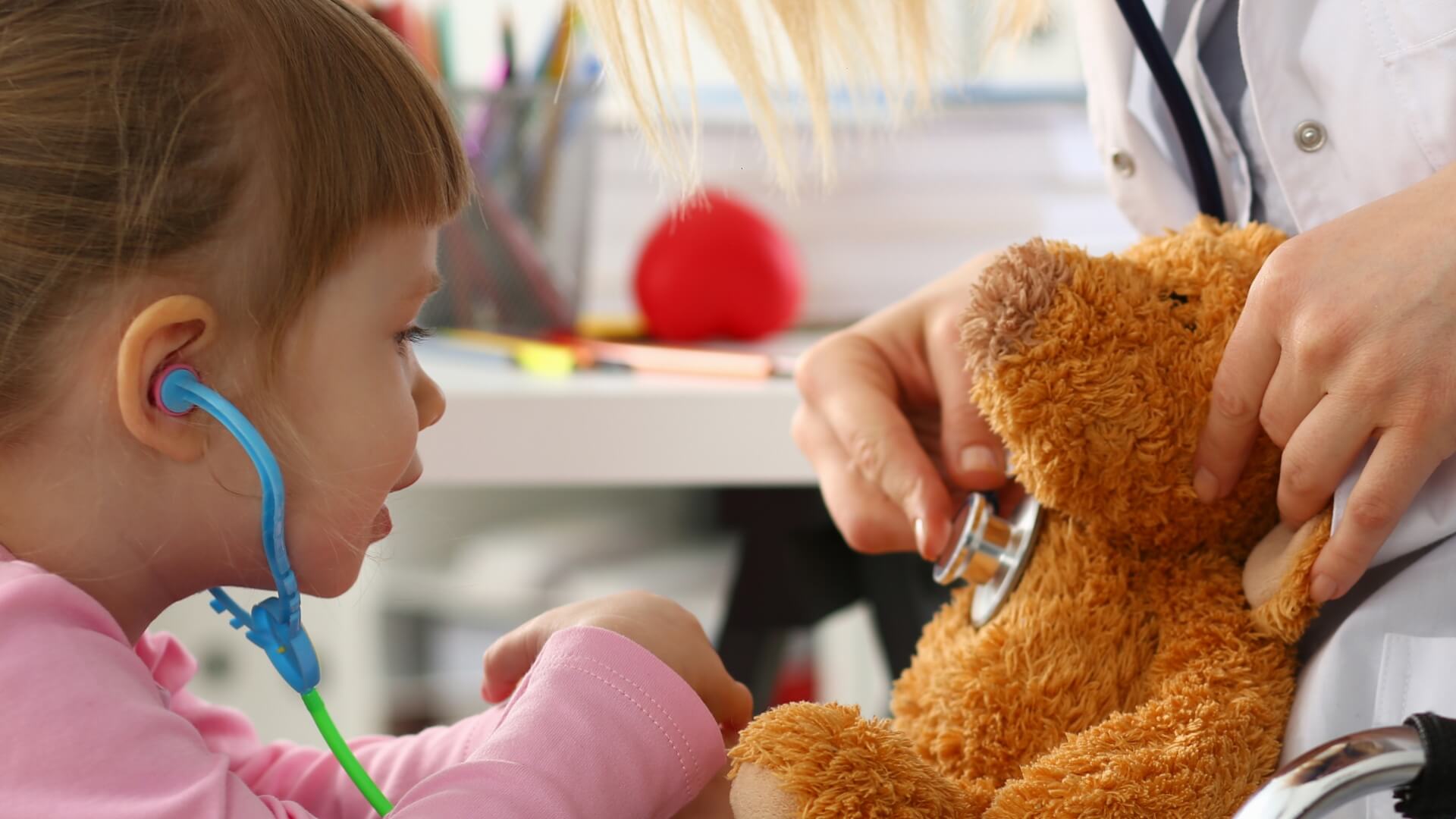Heart diseases can happen to anyone, children included. Some children are born with heart problems that may show symptoms as they go through childhood, while others are immediately apparent upon birth and infancy. Whatever the age, potential heart problems are to be taken seriously, as they can derail proper growth and development.
If you notice any of the signs and symptoms of a possible heart problem, take your child to a cardiologist ASAP. This can be worrisome for parents, but like other problems, early detection is key to mitigating the disease’s ill effects.
Remember that parents have a lot to learn as they raise healthy and happy children. Please continue reading below for information that can help you determine when it’s time to see a pediatric cardiologist. You can search for websites, such as Idahofallscommunityhospital.com, among other hospitals and clinics, to check out their services and doctors for your dear little one.
Your Pediatrician Has Referred You To A Cardiologist
From your child’s infancy up to their early years, doctors’ visits are frequent. Scheduled well-baby checkups allow the pediatrician to proactively ascertain your child’s health and wellbeing. Add up to that the usual immunizations and visits for when your child is sick.
The results of any of those pediatrician visits could be either good or bad. If it’s the former, your child will be entirely healthy, or your pediatrician will send you home with medications to take because it’s only a minor concern. But the latter scenario—in which your pediatrician advises you to stay in the hospital for additional testing or consult with a specialist like a cardiologist—might be every parent’s worst fear.
In such a circumstance, you should trust your child’s pediatrician. Hopefully, it’s done solely to rule out any significant problems with your child.
Your Child Isn’t Gaining Weight
The term ‘gaining weight’ does not imply that small or skinny children are unhealthy. Many youngsters are thin because it is in their genes. However, there’s a thin line separating a skinny but healthy child from one who’s unhealthy.
One of the signs of the latter is when your child has problems gaining weight. To determine this, you have to check whether or not your child still falls within their appropriate Body Mass Index (BMI), which is the ideal weight based on their age, gender, and height.
If your child’s weight is consistently below this despite a healthy diet and nutritional supplements, your pediatrician may recommend a more in-depth assessment with specialists.
Your Child’s Lips Are Pale Or Blue
Bluish or pale lips are a common reaction to cold weather. If this occurs even while it’s warm outside, parents should immediately take their child to the nearest emergency room.
A child’s lips turn pale or blue only when there is a severe lack of oxygen in the blood and body. A quick response is necessary because the problem may only be temporary. Before you and your child are discharged from the hospital, you’ll have to consult a cardiologist to rule out the possibility of a heart issue.
You Have A Family History Of Heart Problems
If there is a lengthy history of cardiac issues on both parents’ sides, it can be essential to disclose this when your child is born. To ensure that your child doesn’t have a genetic heart condition or a congenital disability, your pediatrician could recommend that you visit a pediatric cardiologist for a comprehensive examination.
Even though it’s unnecessary, it’s worth doing in this case to be safe. However, this doesn’t imply that you can disregard your child’s heart health in the future. It is vital to instill heart-healthy practices while they’re young so they can take those habits with them even as adults.
Your Child Is Consistently Weak, Frail, Or Dizzy
A healthy child should be cheerful and active, prepared for a day of engaging in play with their friends. Another indication that you should visit a cardiologist is if you observe that your child struggles to keep up because they are constantly weak and ill.
Conclusion
The heart is one of the body’s most hardworking organs, beating thousands of times daily. A defect might potentially imply untimely death. Thus, it’s crucial to take excellent care of this organ. Although parents may not be able to prevent the underlying conditions that lead to pediatric heart disease, they can assist in improving their children’s prognosis via careful monitoring and treatment. If any of the above symptoms appear, do contact your pediatrician.




















